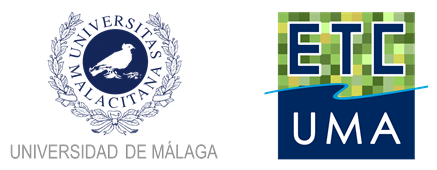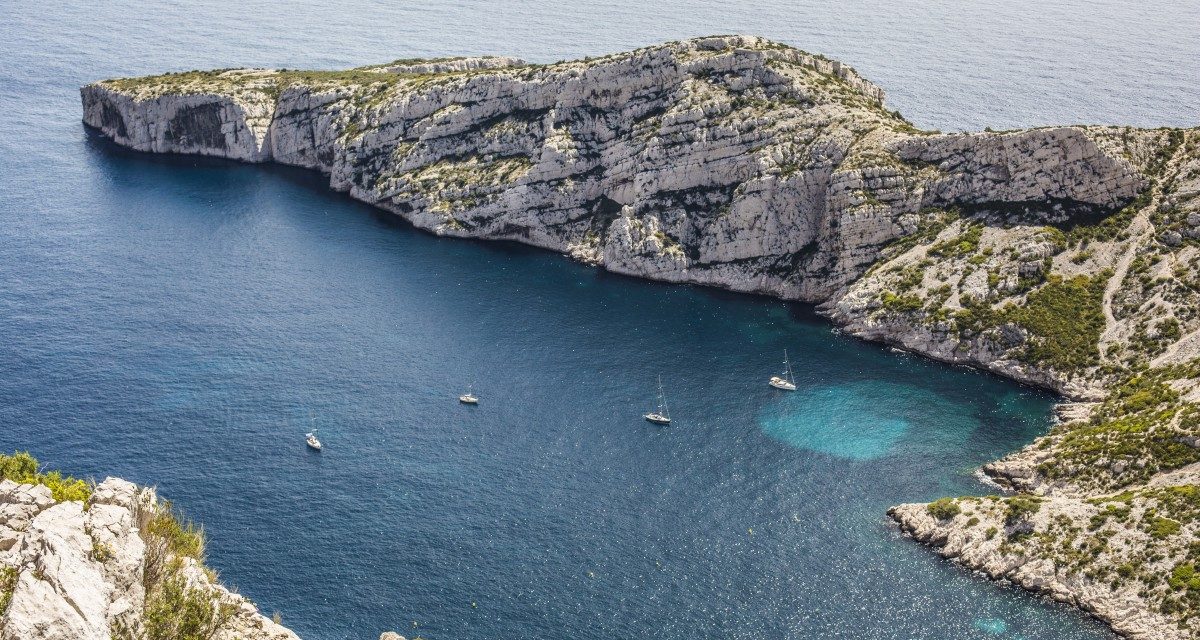The report on the State of the Environment and Development in the Mediterranean (SoED) published in November 2020 warns that the Mediterranean basin is facing escalating environmental and developmental challenges: warming 20% faster than other regions, with 78% of fishing stocks subject to overfishing and some 730 estimated tones of plastic waste pollution per day, the call for urgent transformative actions is paramount. The European Topic Centre on Spatial Analysis and Synthesis (ETC-UMA) team, aware of the need for accurate environmental data to support efficient decision making and ecosystem based practices, has contributed to the chapters on biodiversity and ecosystem services; economic activities and linked pressures; food and water security; and governance to this report. This report is an update to the SoED that was last published a decade ago by Plan Bleu, the Regional Activity Centre of the UN Environment Programme Mediterranean Action Plan (UNEP/MAP).
Aimed at decision-makers and players in the fields of environment and development in the region, SoED is considered the most comprehensive and rigorous assessment of its kind and its production entailed a two-year effort of knowledge compilation across the region. Dania Abdul Malak, Director of ETC-UMA acknowledges that “We are part of the Mediterranean and need to act together and at all levels to protect and restore the ecological functioning of our marine and terrestrial resources based on science. At this stage, no action will mean a real socio-ecological and economic disaster for our people. It is now that we need to act”.
The major questions addressed by the report are the state and trends in the environment and development in the Mediterranean together with their causes, responses, achievements, and shortcomings. The SoED sets the science-based priorities that should be set for the coming 10 years towards de 2030 agenda. The eight major threats identified were: climate change; population densities in coastal areas; health impacts from air pollution and from lack of water supply and waste water treatment; waste and its management; fisheries practices; fossil fuels and the excessive use of chemical and pharmaceutical products. Facing these challenges, the eight areas for actions and transitions prioritised by SoED are: Major changes in production and consumption patterns; inclusive development to address inequalities; moving towards food and water security, energy efficiency and reliance on low-carbon energy solutions, sustainable tourism and transports; enhanced industry and mining practices and a blue economy.
The SoED report is a strong call for strengthening governance of national and international frameworks for transformative change. Representatives of the Contracting Parties to the Barcelona Convention (21 Mediterranean countries and the European Union), for which UNEP serves as Secretariat, took part in the SOED preparation process.
Full report: https://planbleu.org/en/soed-2020-state-of-environment-and-development-in-mediterranean/
More about it: https://planbleu.org/en/soed-2020-state-of-environment-and-development-in-mediterranean/



